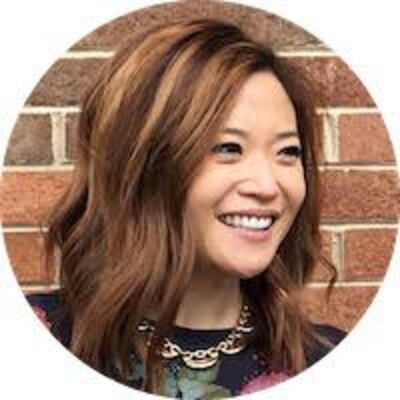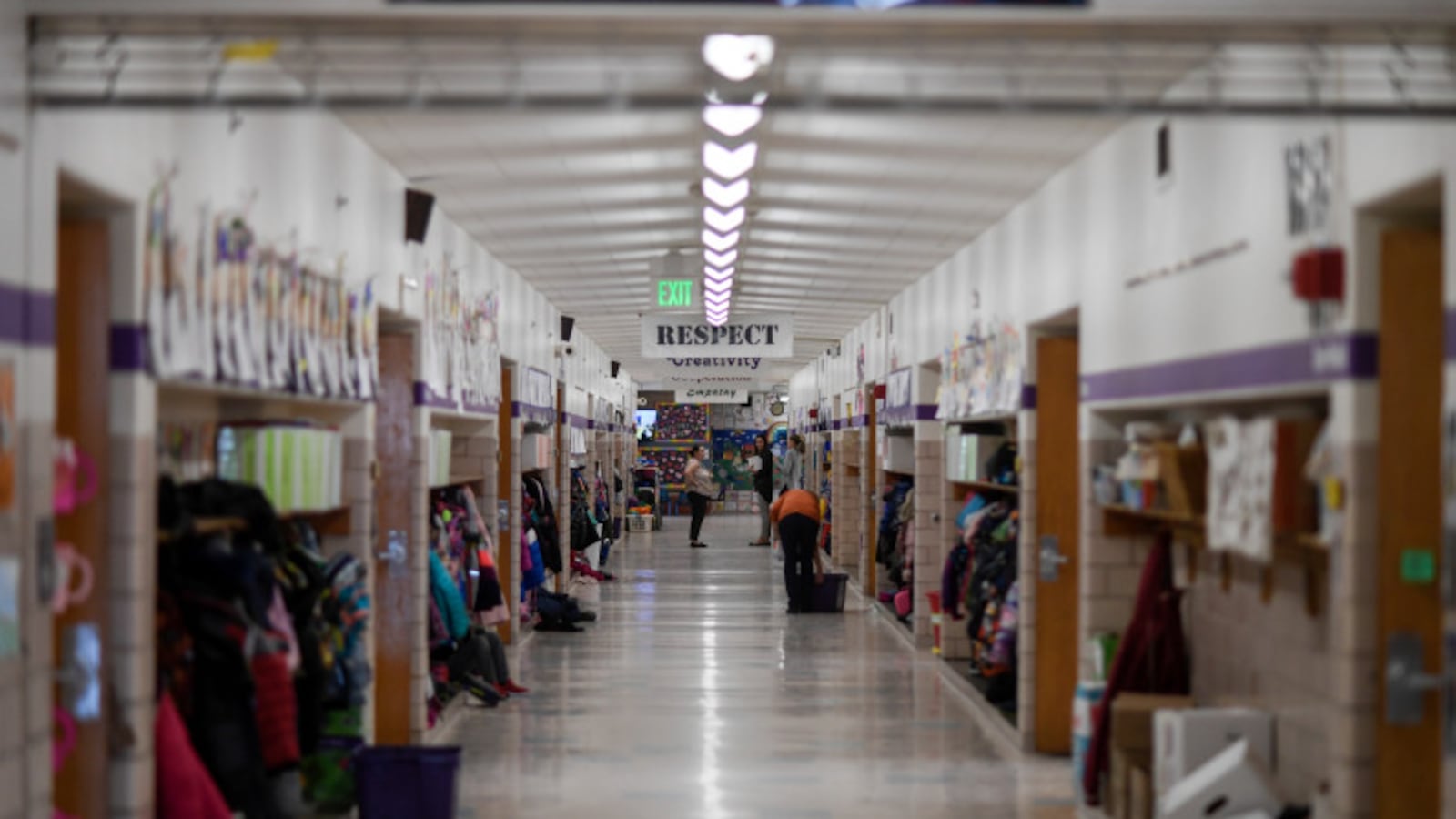My first concern about COVID-19, back when it was still mostly something that was happening 7,000 miles away in China, was not just safety and sanitation. It was racism.

As an Asian American, I have long encountered slurs and offensive eye movements, and calls “go back” to where I came from. So as news of the new coronavirus made its way around the world, I asked my nine-year-old, American-born, Korean son if anyone at school was making comments to him about the coronavirus.
“Yeah,” he said. “They yelled across the room, ‘You’re Chinese, you have coronavirus!’”
Later on, I talked with some of my Asian “mom friends.” While their children had experienced racist bullying well before the coronavirus outbreak, the illness seemed to accelerate the behavior, they said. At school, they were subjected to repeated group taunts in which misinformation about the coronavirus mixed with racist taunts.
These children are not alone. Across the country, Asian-American students have reportedly been targeted amid the coronavirus outbreak. Locally, when Asian students spoke up, their peers told them they were just joking and urged them to have a sense of humor. As for their teachers, some addressed the problem quickly, while others did nothing, leaving the children to defend themselves.
My son’s experience, and those of other Asian-American children, made me realize that the outbreak of coronavirus isn’t only the time to talk about frequent hand washing and wiping down high-touch surfaces. It’s also time to talk about bias and bullying toward Asians or anyone who may feel “othered” because of their race or religion, because of how they look, or because they have a disability or behavioral challenges.
I told my son that what the other children were saying about him is not true and that he doesn’t need to keep these incidents to himself. Teachers and parents can help.
But I didn’t just address the matter with my son. Since he attends a public school with strict policies against bullying, I also made an appointment to speak with the principal. I wanted to make clear to her that I was taking action not as one mom advocating on behalf of her child, but as a concerned parent acting for all children who had been bullied in any way.
I brought with me a slideshow that touched on bullying in general, with a focus on racist bullying, and especially on racist bullying toward Asian Americans. The slideshow presented myths and facts about the virus. I explained that “Asians/Asian Americans residing in the U.S. who have not traveled to China (recently or EVER) are no more at risk than non-Asians/Asian Americans to contract the Coronavirus.” Even to write those words seemed ridiculous to me, but it needed to be said directly because it seemed that so many people in our communities had not taken that in.
The slides also presented a short history of racism targeting Asians and Asian Americans in the U.S, from the Chinese Exclusion Act of 1882 to the internment of Japanese Americans during World War II. While Asians in America are often dismissed because of the “model minority myth,” which may praise them at the expense of other people of color, history shows us know how quickly attitudes can turn.
My slideshow ended action steps for teachers, such as “Talk about the myths surrounding coronavirus to cultivate empathy and support” and “Let minoritized students know that you are a safe person to talk to about any comments or racist taunts, or if they are being targeted.”
My son’s principal was receptive, not having realized that Asian students faced harassment in the era of coronavirus. She sent my slideshow to the entire school staff and heard comments such as, “Oh, I’ve never thought of coronavirus’ effects in this way before. I hadn’t considered bullying and racism.”
That was back when the number of confirmed coronavirus cases in America numbered about a dozen. Now that the disease has been labeled a pandemic, it’s even more important that educators consider its impacts on physical and mental health. Racist bullying must be curbed alongside the disease itself. I hope that parents, teachers, and administrators will take action for the sake of their children and their schools and all children and all schools.
Angie Hong is a church leader, writer, and speaker residing in Durham, North Carolina with her husband and two sons. Her areas of interest include racial justice, Christian worship, and leadership. She is currently pursuing graduate studies at Duke University.
About our First Person series:
First Person is where Chalkbeat features personal essays by educators, students, parents, and others trying to improve public education. Read our submission guidelines here.



